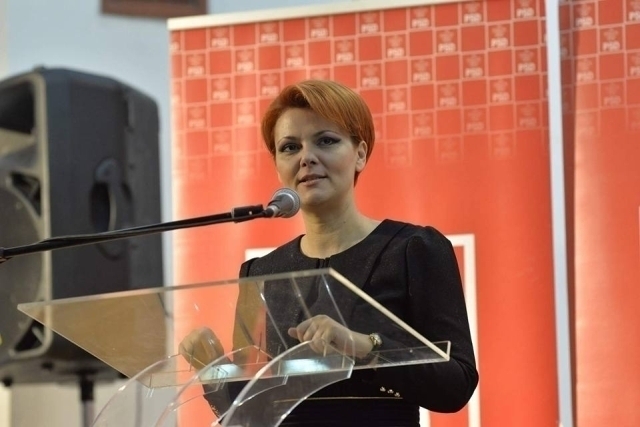On the unified pay law
Pay rises in the healthcare and education systems in Romania are to be put off by 2 months as compared to the initial version of the unified pay bill.

Leyla Cheamil, 07.06.2017, 13:26
Following heated debates, the controversial unified pay bill assumed by the leftist government in Bucharest has been eventually green-lighted. Questions over the bill had emerged after the labor minister, Lia Olguta Vasilescu, announced that pay rises for all public sector employees would no longer be applied as of July 1, as scheduled, but as of January 1, 2018. She explained that there were many amendments accepted by Parliament, which would have exceeded the amount of 32 billion lei, that is 7 billion euros, provided for this purpose for the period 2017-2022.
In comparison with the initial version of the bill, pay rises in the healthcare and education systems in Romania have been postponed, therefore doctors, nurses and teachers will receive the promised integral pay rises as of March 2018 and not as of January 1. The postponement was needed to allow for the financial support of the bill, explained the Finance Minister Viorel Stefan. Further modifications have been brought to the unified pay bill, among which increments of 10% for teachers for neuropsychological stress and 55% increments for public servants in charge of managing European funds.
In exchange, the 40% increase for military staff, policemen and public servants with a special status that need to intervene outside the normal work schedule was eliminated. Although they are included in the public sector employees category, elected officials will nevertheless benefit from pay rises as of July 1 this year. The labor minister explains:
“Salaries in the education system will be increased by 15%, in the healthcare system by 15%, in the local administration by 20%. Last month there was a 20% increase for the employees of environment agencies, the Danube Delta Biosphere Reserve, the Consumers’ Protection Agency and now, as of July 1, there will be a new pay scale not only for elected officials but also for the employees of the local public administration.”
Taken by surprise and discontented with the announced postponement of pay rises, trade unionists with the Cartel Alfa Confederation are asking for rises to be applied for all public sector employees. In turn, the main opposition party, the National Liberal Party, has criticized the unified pay bill, accusing the government and the majority coalition, made up of the Social Democratic Party and the Alliance of Liberals and Democrats, of being incoherent. The Save Romania Union in opposition has equally claimed that the bill is a reason of discontent for all categories of public sector employees and calls for the resignation of the labor minister Lia Olguta Vasilescu. (Translated by L. Simion)






























